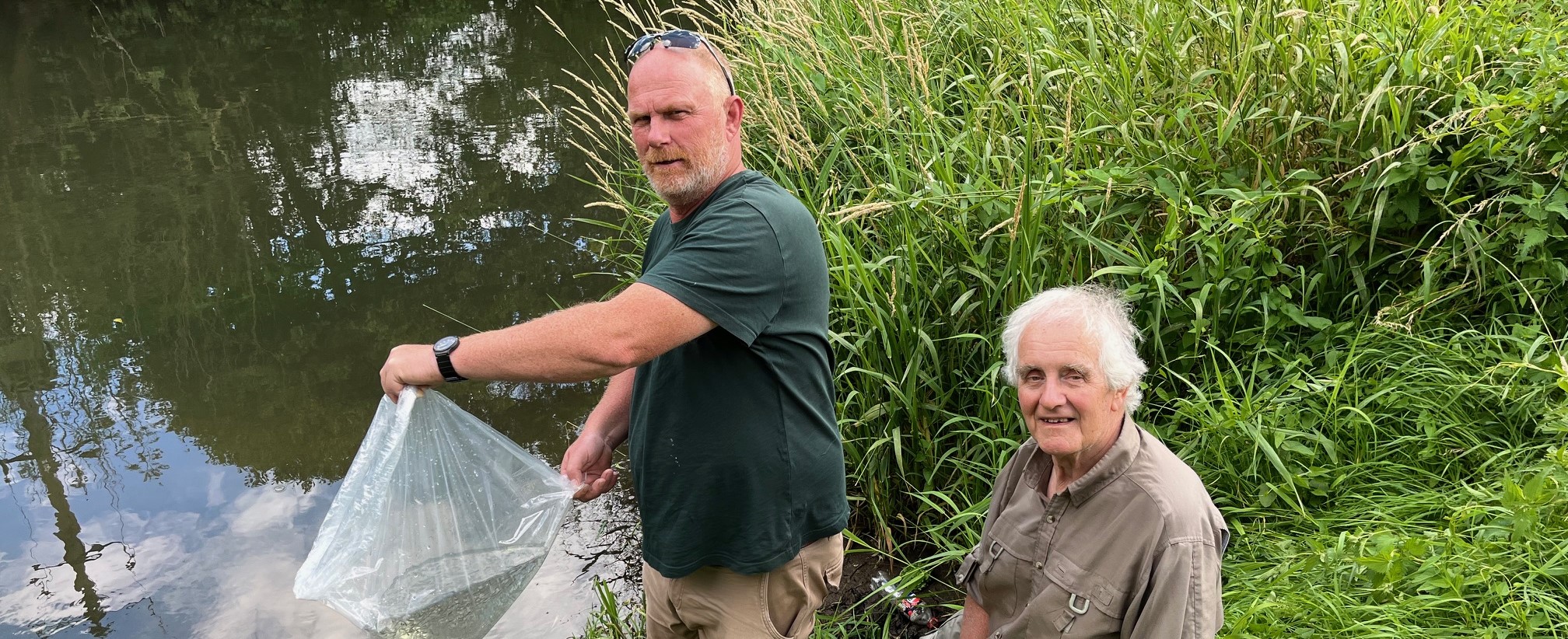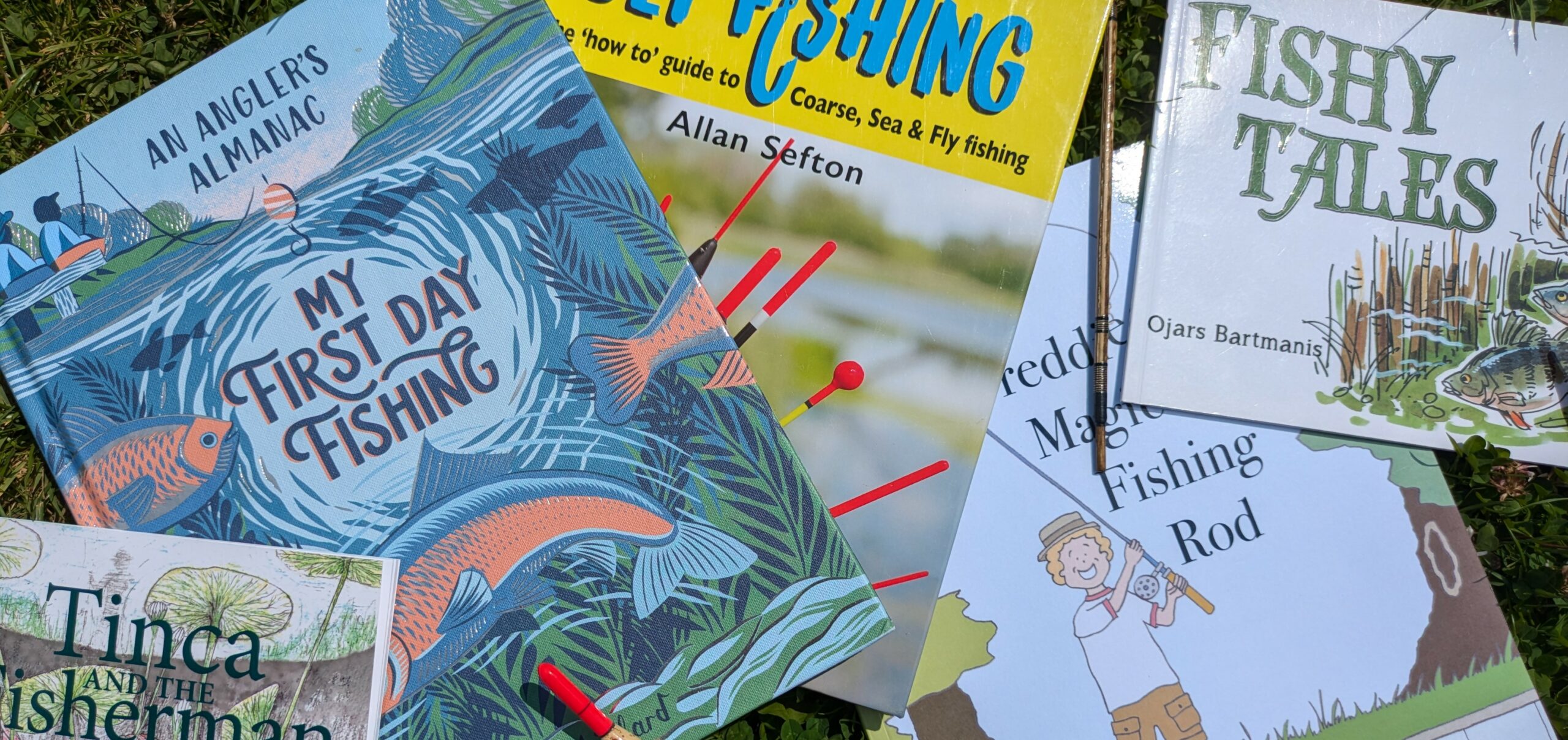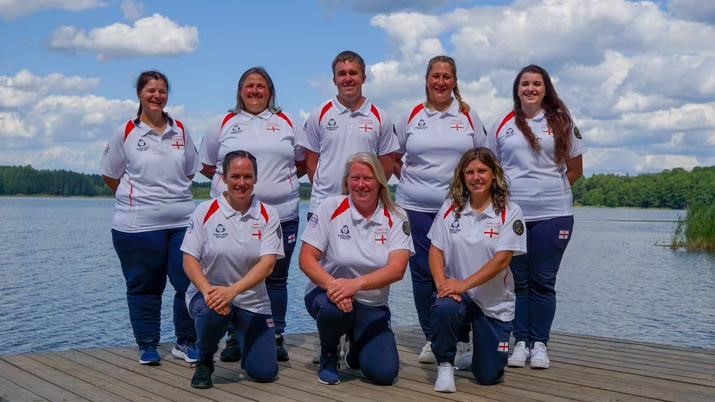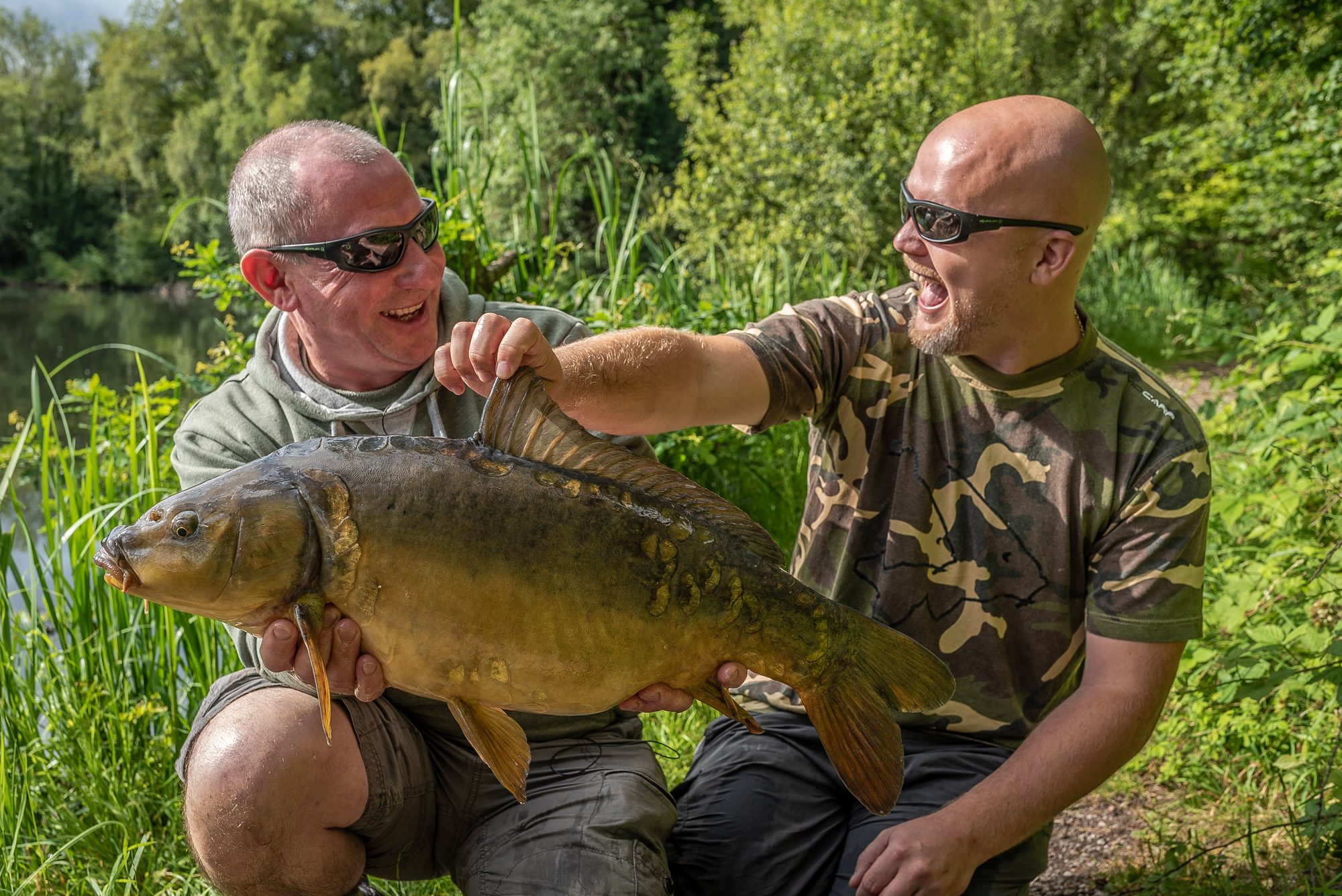
Campaigns
It’s a drought, stupid! We need hosepipe bans NOW
As rivers and streams across England and Wales shrink and dry up, causing damage to fish and other wildlife, the Angling Trust is calling for immediate hosepipe bans in all affected areas and for DEFRA to declare an official drought.
The Trust is concerned that too many water companies have been reluctant to act for fear of negative publicity, despite latest information from the Environment Agency showing that the water remaining in reservoirs is at its lowest since 1995 ranging from 70% to as low as 43% of normal capacity.
The period from November to July has seen the driest conditions in the south east of England since 1836, when records began. Unless there is an exceptionally wet autumn and winter this could be the beginning of a prolonged and severe drought causing serious problems in 2023 for the economy, the environment and public health.
Studies undertaken after the 2012 drought on the impacts of essential water supply shortages on the London economy gave a figures of losses between £250m and £330m a day – costs which will be even higher now.
The UK Centre of Ecology and Hydrology is predicting the drought conditions will continue until October, with river flows in central and southern England remaining low or exceptionally low.
With the low flows and the heat, fish are suffering, in both our rivers and still waters. The Angling Trust has seen data showing fish kills are at their highest level since 2014 and are likely to continue.
Alarmingly we have seen:
- Hundreds of salmon, trout and eels having to be rescued from the rivers Teme and Redlake due to low oxygen levels;
- 250 trout moved further downstream on the river Lathkill due to low flows;
- 200-300 salmon, trout and eels rescued from the river Tarrant due to it drying up earlier than normal;
- Fish rescues from de-watered Thames backwaters around Oxford;
- Hundreds of fish killed at a still water in Sussex due to lack of oxygen, with the EA providing aeration support in response; and
- Several hundred fish killed at a still water in Kent, with aeration provided to save the remaining stock.
Despite the dire situation only a small number of the 17 water companies in England and Wales have so far introduced hosepipe bans, although Thames Water have finally announced an intention to do so and will join with Southern Water, Welsh Water (Pembrokeshire), Isle of Man and South East Water, in restricting non essential water use for some of its customers.
Stuart Singleton-White, Head of Campaigns at the Angling Trust, said:
“We need the government to treat this as the crisis it is. We can all see the low flow in our rivers, many of our chalk stream drying up, and our fish and other wildlife suffering. If ministers aren’t bothered about the environment they should recognise that the economic cost of seeing the taps run dry is horrendous.
“The government must declare a drought now and the water companies should stop dragging their feet. It’s also concerning that the two candidates to be our next Prime Minister seem to have nothing to say about the crisis unfolding in front of them. We need to be saving every drop of water we can as things will not get better by simply praying for rain. The Met Office are reporting it is unlikely to come anytime soon, and we could well remain in this dry period through to the autumn.”
The lack of new water resources is of huge concern with figures showing that no new reservoirs have been completed since privatisation in 1991 despite a population increase of over 10 million. In the south, where population growth is the most, the last new reservoir built was Farmoor, near Oxford, in 1976. To make matters worse, some water companies have actually sold off reservoirs.
Martin Salter, Chief Policy Adviser to the Angling Trust, said:
“Water policy in the UK has been a complacent shambles for decades. Population growth and climate change are not new challenges and should have been planned for a generation ago. The water infrastructure is creaking, leaking and inadequate and for far too long investment has been held back in favour of keeping water bills down, for which we are now about to pay a far higher price.
“Our rivers are drying up, fish and other wildlife are dying and not just on small streams. Big rivers, like the Thames, are suffering and has now dried up along a five-mile length from its source for the first time ever. And yet right now millions of gallons of scarce water is being wasted keeping golf courses and lawns green rather than helping rivers survive and our wildlife and economy protected.”
Water companies are due to publish their draft Water Resource Management Plan in November. Defra, and its regulators OFWAT and the Environment Agency, need to demand these plans are ambitious enough and have the urgency needed to ensure we build the resilience we need to prepare for a future when drought will be more common. This means fixing the leaks, improving water efficiency in our homes and businesses, and above all, creating more water storage by building reservoirs. We can no longer afford to waste water in times of plenty by failing to store it for times of scarcity.
- London Severe Drought Scoping Study – download here
In an emergency:
If you see any fish in distress, please call the Environment Agency’s National Incident Hotline on 0800 80 70 60.
You might also like

New Kennet Hatchery Releases First Reared Fish

Fishing Books for Kids

UK Recreational Catch-and-Release Bluefin Tuna: A step closer to…

MESTER THE MASTER AT FREE SPIRIT MATCH BODDINGTON CLASSIC…

ENGLAND LADIES CARP TEAM MISS MEDAL ON TOUGH LATVIAN…

Angling Trust urges government to go further and faster…

ENGLAND YOUNG GUNS LEAD THE WAY IN HOME NATIONS…

AMAZING ENGLAND COMEBACK SECURES EURO CHAMPS BRONZE

ELLIOT BAGS THIRD NATIONAL WIN AT MARSTON!

PATIENT APPROACH WIN WOMEN’S NATIONAL FOR LEANNE!

Take a Friend Fishing
27th July to 1st September…









